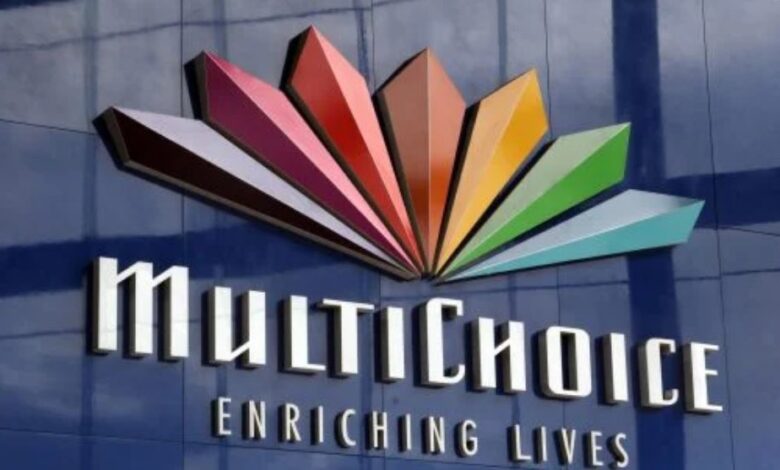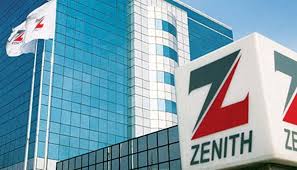Inflation : DSTV, GoTV loses 243, 000 Subscribers in six months






Multichoice Group, an African pay-TV operator, has announced that its Nigerian subsidiary lost 243,000 subscribers across its DStv and GOtv platforms between April and September 2024.
In its financial result for the year ended September 30, 2024, published on Tuesday, MultiChoice said high cost of food, electricity, and petrol have forced many of its customers to ditch their decoders.
According to the Cable ,the Pay TV firm said Nigeria and Zambia recorded the largest share of subscribers loss.
It added that the pressure on its subscriber base in Rest of Africa (RoA) operations continued from the previous year leading to a loss of 566,000 subscribers across the operations in the six months under review.
“The group’s linear subscriber base declined by 11% or 1.8m subscribers YoY to 14.9m active subscribers at 30 September 2024,” MultiChoice said.
“The loss in the Rest of Africa has been primarily due to the significant consumer pressure in Nigeria, where inflation has remained above 30% for the majority of the last 12 months and, more recently, due to extreme power disruptions in Zambia.
“Of this decline, 298k related to Zambia and 243k related to Nigeria, with remaining markets on the continent reflecting only a minor decline of 25k.”
On foreign exchange (FX) rate, the company said the continued depreciation of the naira against the dollar has resulted in further losses on non-quasi equity loans.
“The group held USD11m in cash in Nigeria at period-end, down from USD39m at end FY24, a consequence of consistent focus on remitting
cash, the impact of translating the balance at the weaker naira and the write-off of the USD21m receivable relating to the cash held with Heritage Bank before its license was revoked and the bank was liquidated,” MultiChoice said.
‘COMPANY FACING MOST CHALLENGING CONDITIONS’
Commenting on the company’s results, Calvo Mawela, MultiChoice group chief executive officer (CEO), said the company is facing its most challenging operating conditions in almost 40 years.
To generate returns, Mawela said the company has been “proactive in its focus to right-size the business for the current economic realities and industry changes”.
He said while operating across Africa “typically subjects the group to currency moves, abnormal currency weakness over the past 18 months has reduced the group’s profits by close to R7 billion”.
“Combined with the impact of a weak macro environment on consumers’ disposable income and therefore on subscriber growth, it required the Group to fundamentally adjust its cost base – which is exactly what has been done,” he said.
“We are making good progress in addressing the technical insolvency that resulted from non-cash accounting entries at the end of the last financial year.
“We expect to return to a positive net equity position by the end of November this year, supported by a number of developments and initiatives. The Group’s liquidity position remains strong, with over ZAR10bn in total available funds.”
On May 1, MultiChoice implemented an increase in subscription prices for DStv and GOtv packages — despite the tribunal ruling against it on April 25.
The next month, the tribunal fined MultiChoice N150 million and ordered the company to provide one-month free subscriptions on DStv and GOtv to Nigerians.
MultiChoice vowed to appeal the ruling





